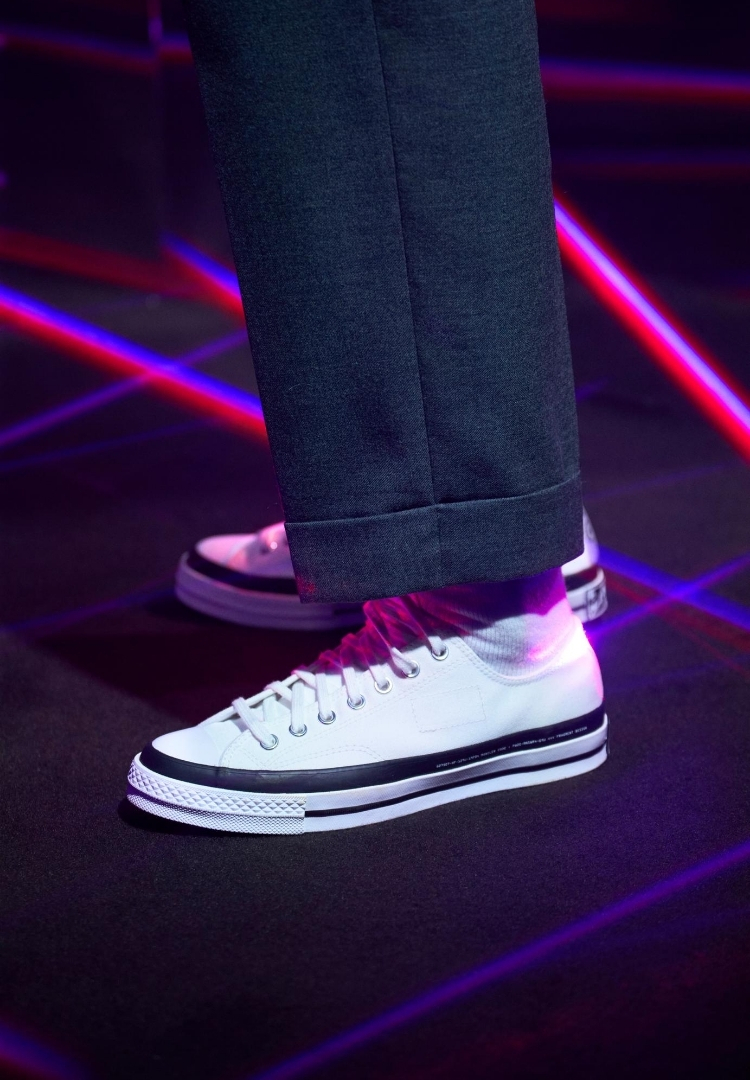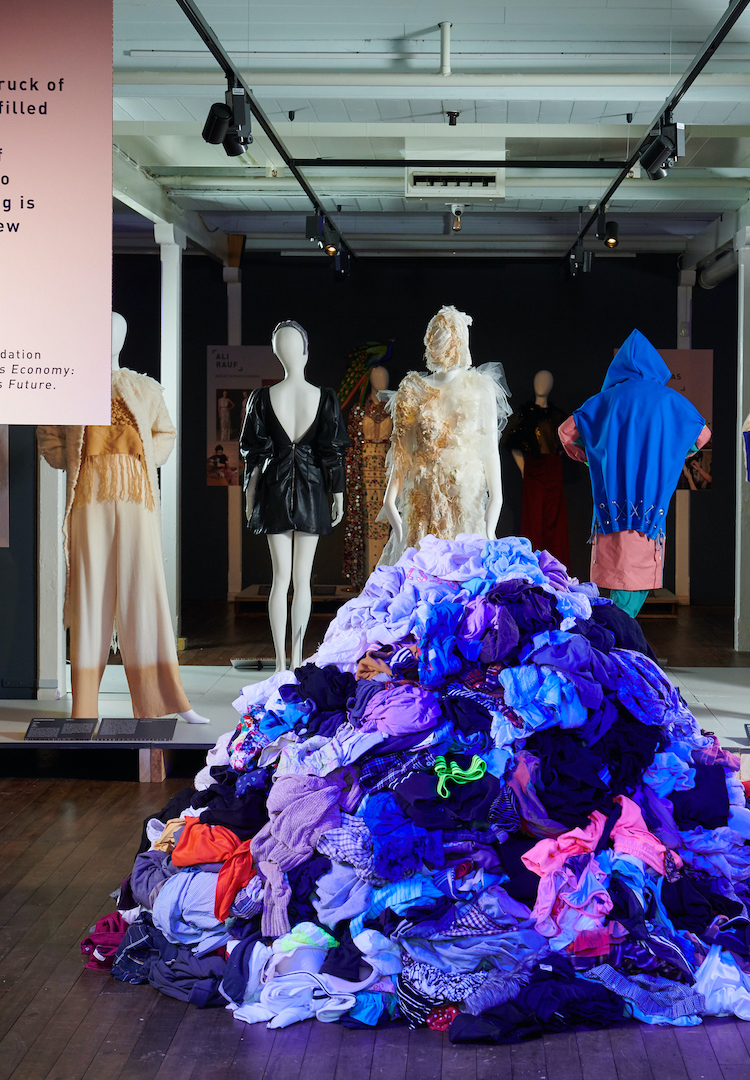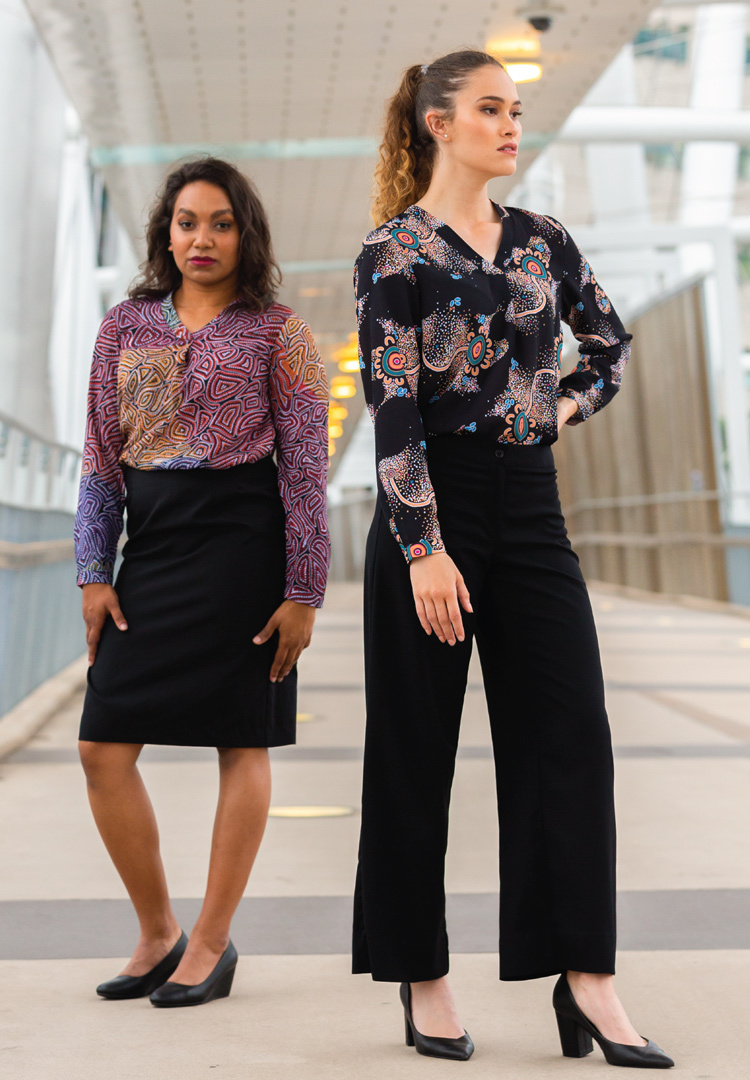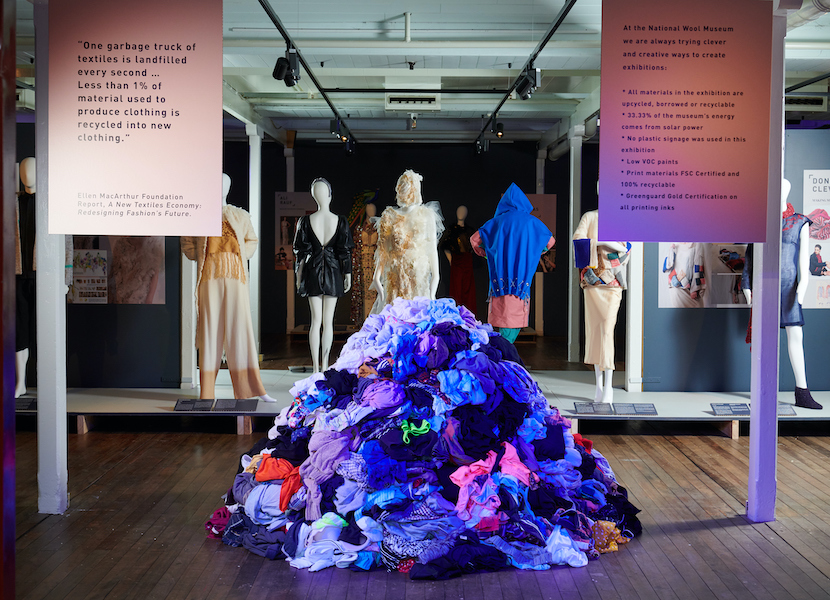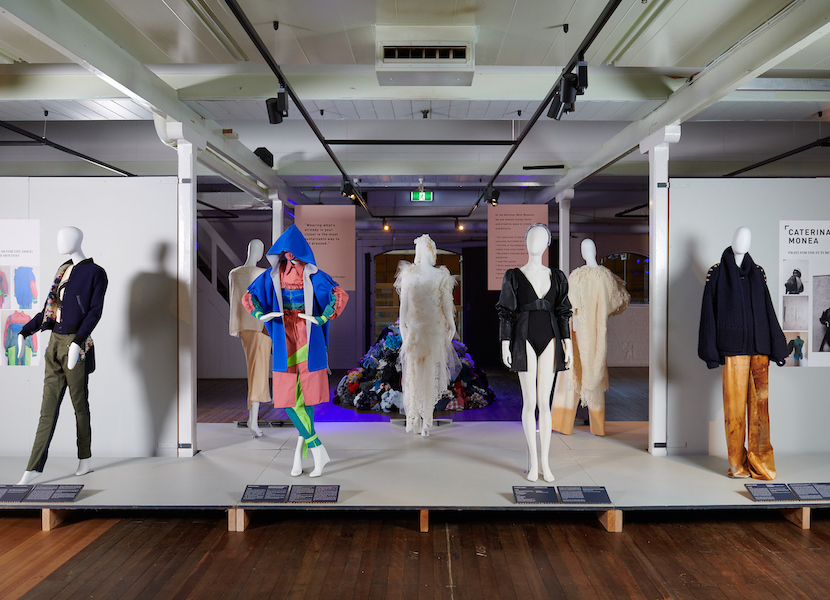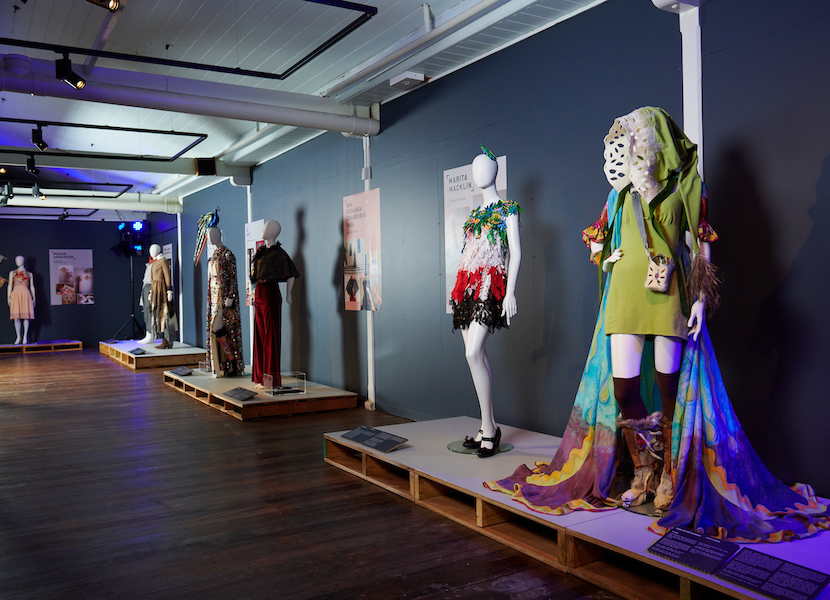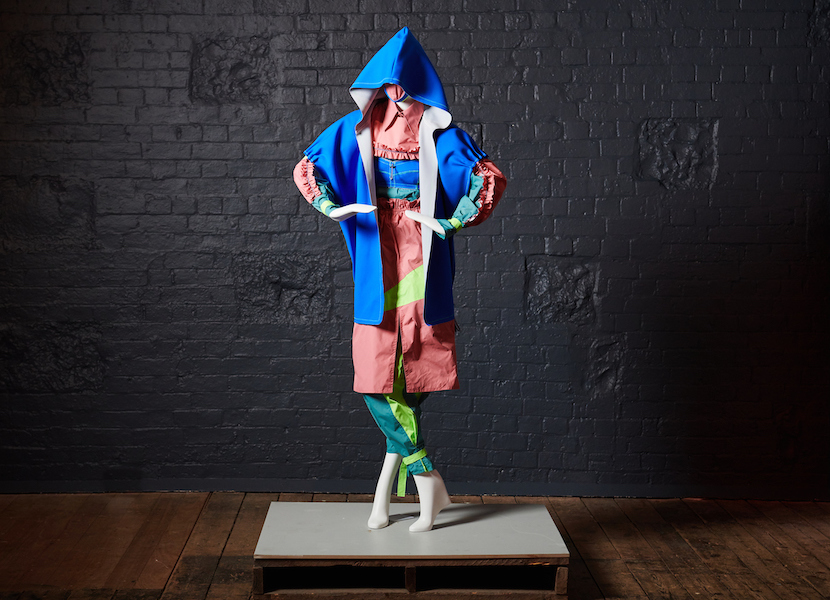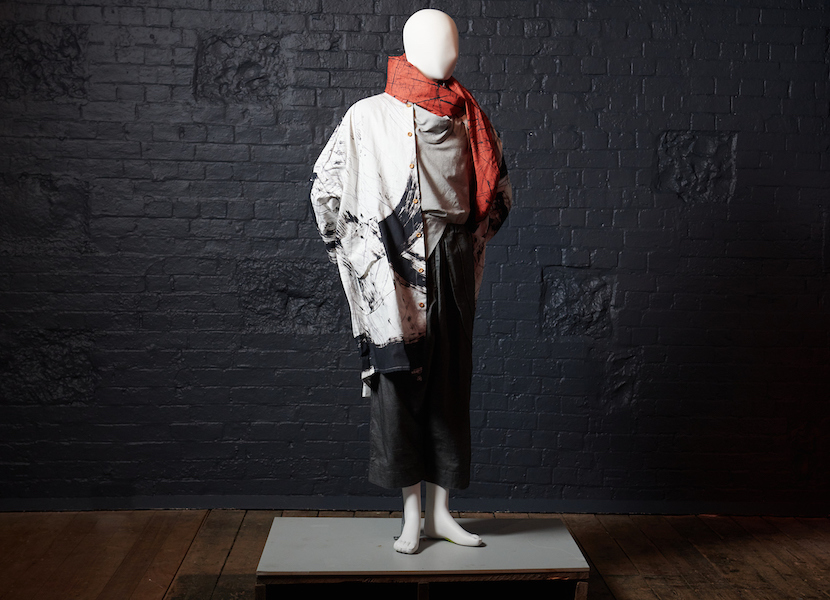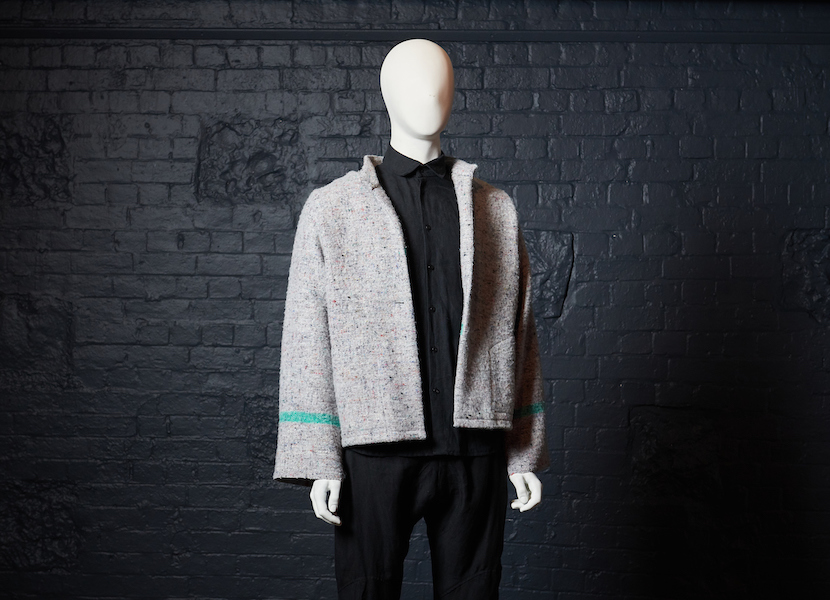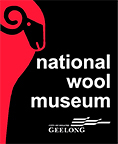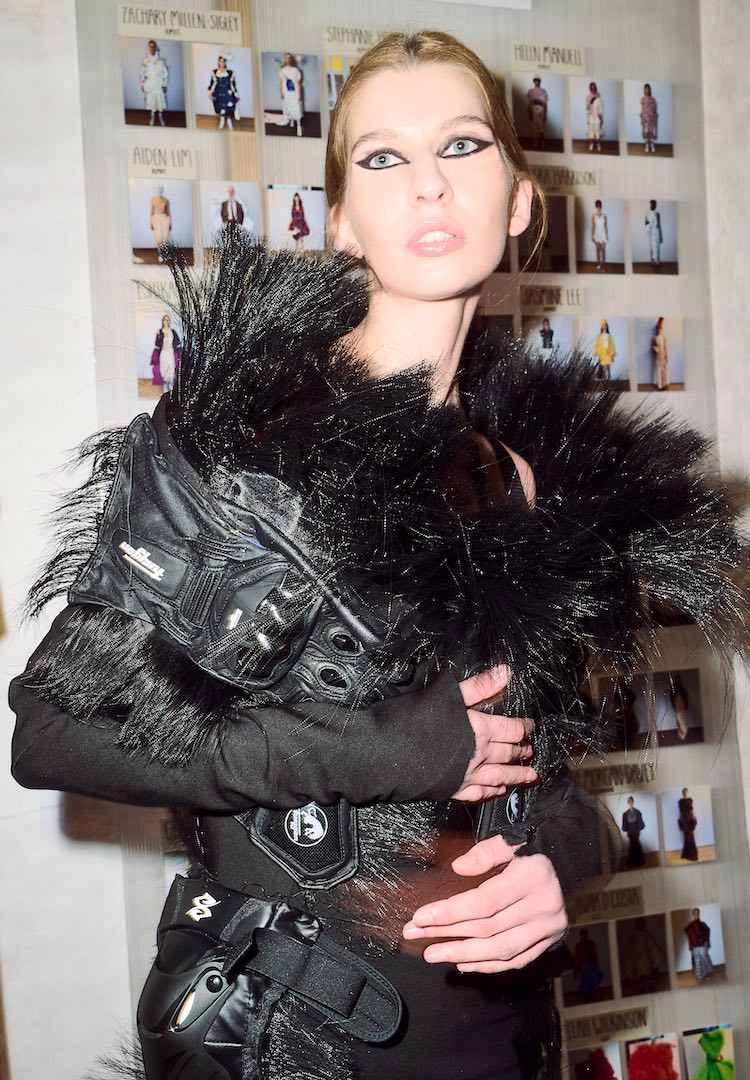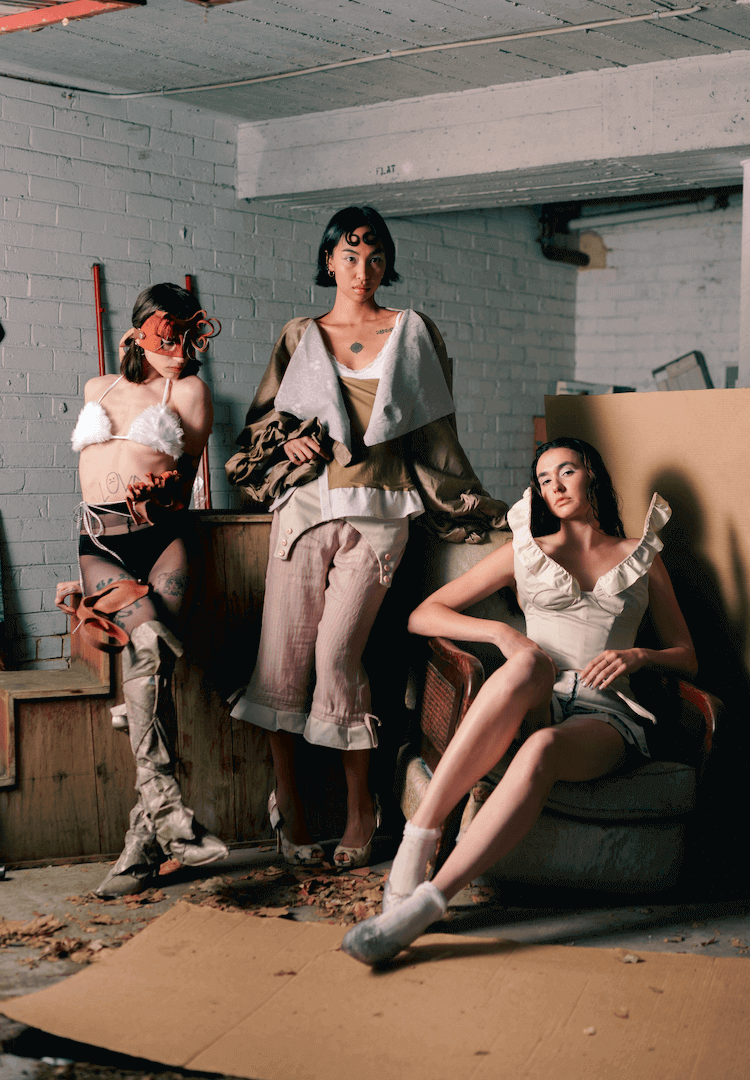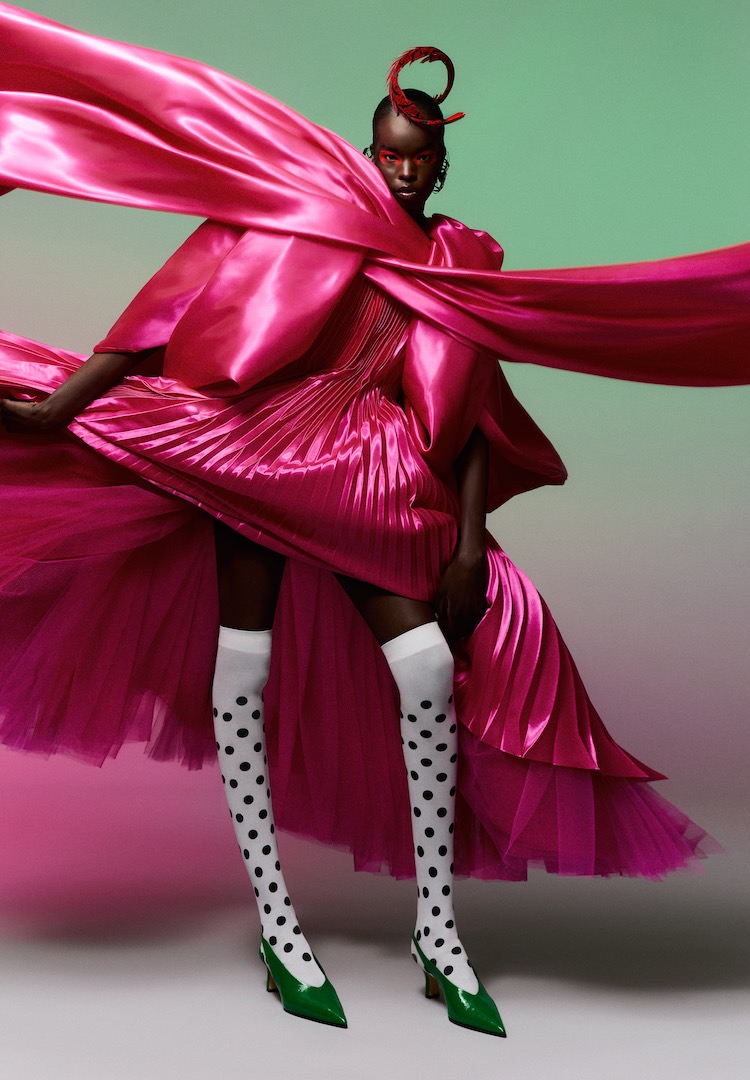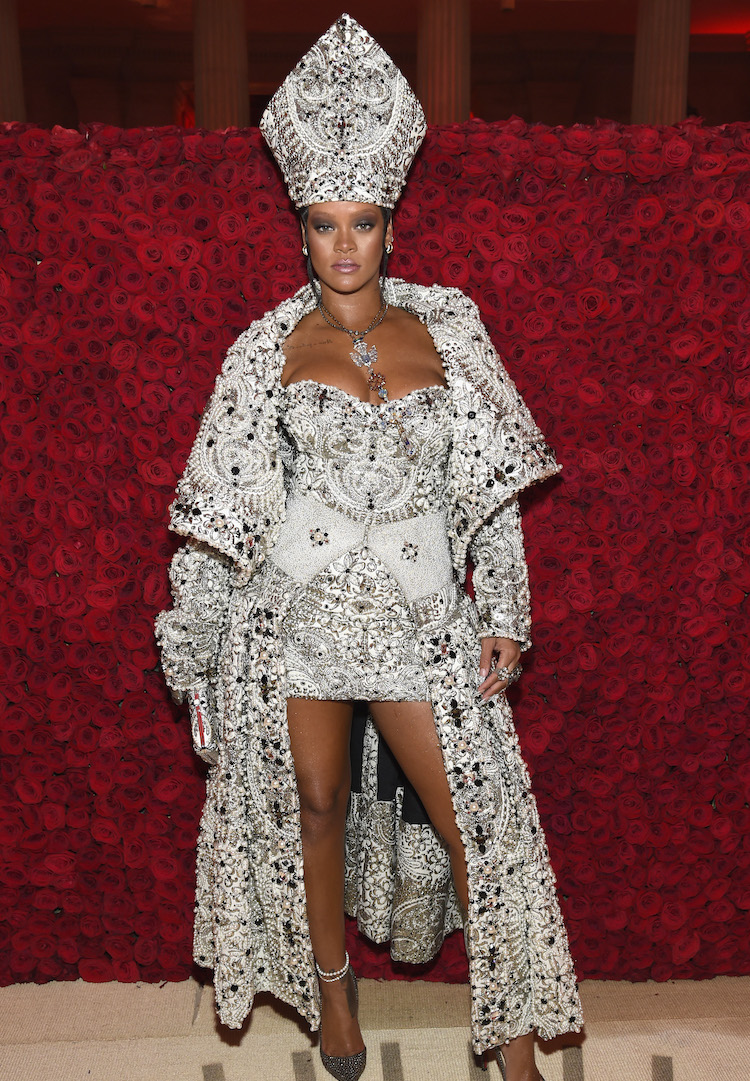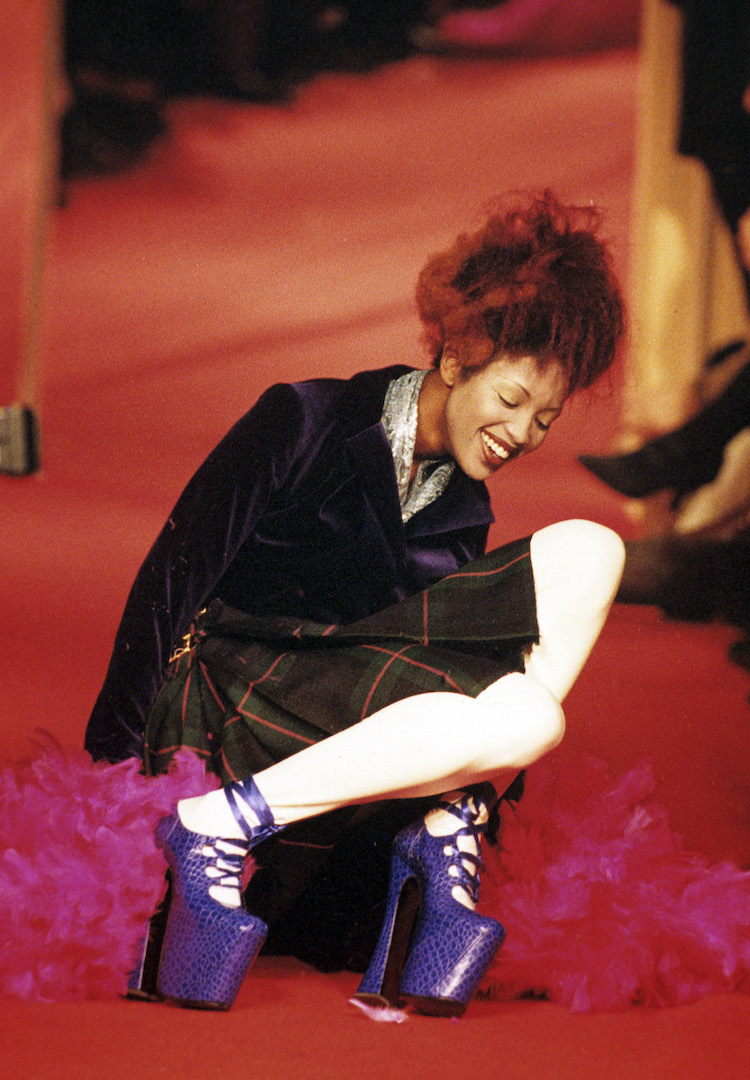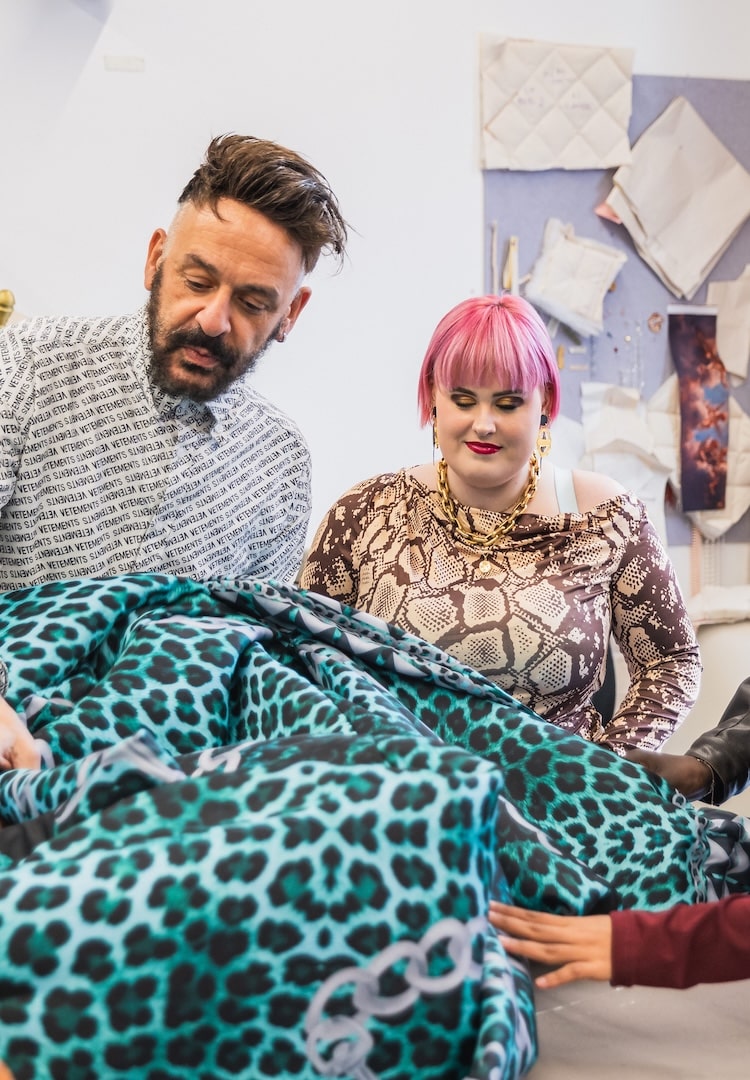Entering ‘We the Makers’: The online exhibition exploring fashion’s sustainable future
IMAGES BY CORMAC HANRAHAN
WORDS BY JASMINE WALLIS
Moving online due to recent restrictions, We the Makers asks creators what the future of fashion looks like.
Did you know that Australia is the second-highest consumer of clothing worldwide per year? Or that across the globe we dispose of one garbage truck’s worth of clothing every second?
These were some of the questions that the biennial We the Makers design festival – held at the National Wool Museum in Geelong, Victoria – planned to ask exhibition-goers.
Setting up the exhibition as COVID-19 locked the whole country down, the programmers felt a glimmer of hope when they managed to open the museum in late June. Only a few weeks later, however, and Victoria was staring down the barrel of a second lockdown.
But just as the fashion industry is beginning to adapt to the new normal of sustainable practices, We the Makers Design festival innovated quickly and moved the exhibition online.
This year’s festival sees 21 emerging and professional designers from around the world create clothing that’s not just aesthetically beautiful or useful, but is also ethically produced.
The theme for this year is Design for the Future: Sustainable and Ethical Textiles and Fashion, and designers were asked to muse on what the future of fashion looks like to them.
Finalist Caterina Monea, a recent graduate who prides herself on creating clothing from recycled deadstock, says the future of Australian fashion seems “both exciting and scary”.
“With the current global climate crisis, we’ve already seen a large shift towards a more sustainable future in both the industry and consumerism. However, we have such a long way to go. In my eyes, designing for the future is ensuring that both ethics and sustainability are never disregarded – and are always the core focus – when processing a garment. From design to manufacturing to selling.”
Winners of the festival receive a prize of $10,000 and this year, it was split between two finalists.
Rebecca Gully, who was praised for her innovative technologies and adjustable garments, shared the prize with Rowena, Juliana and Angela Foong of High Tea with Mrs Woo, who created a zero-waste pattern with natural materials.
The sisters developed their Six Seasons collaboration alongside the Newcastle fashion design team and the School of Creative Industries at The University of Newcastle.
Speaking to Rowena, she says the purpose of the collaboration was to “create environmentally sustainable garments that inclusively fit a range of body shapes, are gender-neutral, and flexibly adapt to changing climate conditions”.
The project suggests the future of fashion, at least to the Foong sisters, is largely centred around customisation.
“This can completely change the way we choose, wear and care for our clothing,” says Rowena. “We envisage a new generation of design and production, where the user is involved and invested in creating exactly the garments they need and want, one at a time.”
While the judges have already made their selections, the People’s Choice Award is still open for voting until the first week of September. The exhibition’s curator, Dr. Luke Keogh, says this is just one of the ways this year’s festival is interactive and inclusive. The online exhibition has also created a range of free online fashion courses called We the Makers Create for anyone wanting to learn a new skill.
From courses in mending garments to refashioning a t-shirt, Dr. Keogh says everyone can learn sustainable practices, not just fashion designers.
“One of the things with We The Makers is it’s not just about professional fashion or high-end fashion designers. It’s that all of us can be makers and it’s one way we can engage in sustainable practices.”
As the world goes through so many changes this year, it’s clear the festival’s finalists are excited about what’s to come and that – despite not being able to open the physical museum – they’re reaching more people online to share the message of sustainability in fashion.
“I think the digital format of the exhibition is a great idea, as it allows us to be connected to arts and culture during this uncertain time. I also like how easily accessible it is for people interstate or even internationally to view the submissions,” says Melbourne-based finalist Evaleen Motoska.
Dr. Keogh tells me that ethical fashion doesn’t mean we have to stop choosing fashion or having fun with clothing. According to this year’s designers, it just means more choice in how our clothes are made.
“I think what’s really cool is that the future wears many different clothes and that’s exciting for people who are interested in fashion.
“We’re still going to have a lot of choice available to us, it’s just the choice of how these things are made and what they’re made of. It doesn’t limit our opportunities, it just makes us think more dynamically about the trade itself.”
Evaleen, the finalist whose entry to this year’s festival was an outfit made entirely of Australian Merino wool, tells me why she believes this year’s theme is so important.
“Design is a catalyst for change. It allows us to innovate and transform the industry into a more sustainable one for the future. Being a part of this exhibition and sharing our collective views and designs shows how this theme can be interpreted in so many ways – which is great because there is no one solution.”
Whether you check out the digital or, lockdown-permitting, physical exhibition to appreciate the beauty of slow fashion or to learn a new skill, We the Makers is reminding audiences that design is a vital part of innovation; something the world desperately needs right now.
We the Makers Design festival runs from June 27 to November 22 at the National Wool Museum, Geelong, depending on COVID-19 restrictions.

